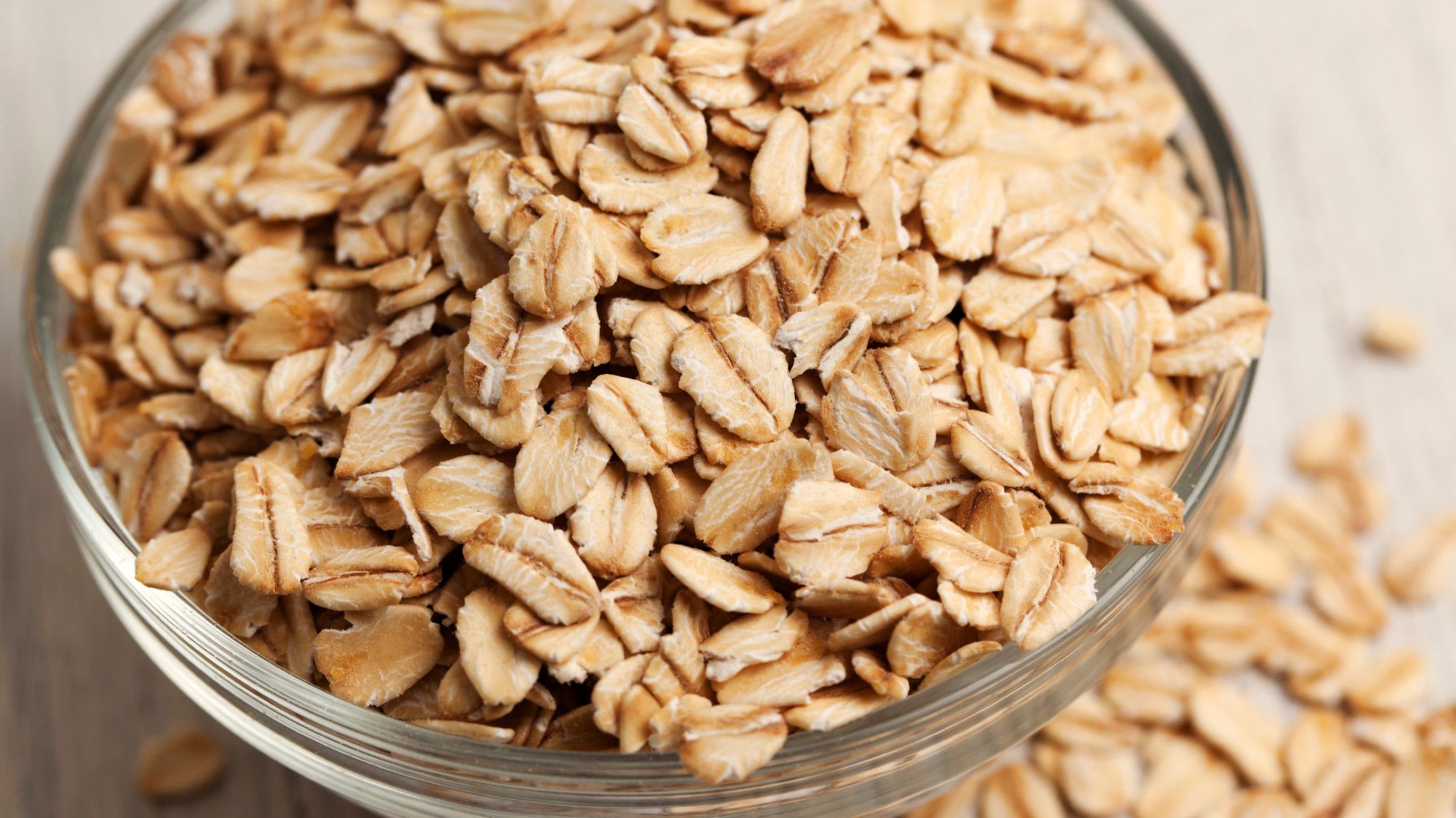
When someone wanders outside the boundaries of maturity, we tend to say that they’re “feeling their oats.” Feeling frisky? Out overnight and until the wee hours of the morning? Avoiding responsibility? Embracing newfound authority? You’re simply feeling those oats.
So how did fondling grains become an idiom for uninhibited behavior?
The phrase is not really intended to refer to the tactile act of rubbing oats, but experiencing the effects of ingesting them. As a horse. It appears the term first began turning up in print in the 1800s, though it’s not known how long ago it was being bandied about.
When a horse is fed oats instead of the hay or grass it’s accustomed to, they tend to get a burst of energy. Galloping around, the horses seem to be imbued with a new drive. They stride with confidence and purpose. They seem to stand a little taller. They’re feeling those oats.
Horses typically get oats when they need some quick energy from starches and sugars, though there’s a good amount of protein and B vitamins in there, too. Unlike other starches, horses can munch on oats raw. Then, presumably, they tear it up. This is especially true of racehorses, who might consume up to 35,000 calories a day, some of it in the form of oats or processed feed with more fats and fiber.
Not all horses do well with oats, however. Some may not produce enough of the amylase enzyme needed to break them down properly, or the horse might have a gluten allergy. In those cases, you wouldn’t want a horse to be feeling his oats.
The related phrase “sow your wild oats” also stems from carbohydrates. In this case, wild oats don’t really need to be sown, as they grow easily. To sow wild oats is to exhibit some needless frenzy of activity.
So go ahead and feel those oats, sow them, or do whatever else you’re inclined to do.
The Unexpected Origin of ‘Feeling One’s Oats’
Source: Philippines Wonders

0 Comments